Buying crypto today requires more knowledge and strategy than ever before.
The market is evolving quickly, with Bitcoin reaching new all-time highs.
Ethereum is advancing its Layer 2 solutions, and other coins and blockchains are growing as a major competitor for smart contracts and DeFi.
New investment opportunities like Bitcoin ETFs and AI cryptos are also influencing the market.
At the same time, volatility is huge.
Bitcoin’s closing price on January 31, 2025, was $102,405.03. It was up 9.6% for the month. The current price is $83,664.31.
With these fluctuations, having a strong strategy and knowing reliable tips for buying cryptocurrency has never been more important.
We at Material Bitcoin are a highly trusted source for the latest crypto updates, expert insights, and top security solutions for protecting your crypto.
In this guide, we’ll walk you through practical tips for buying and selling crypto.
From just starting to buy Bitcoin to optimizing your portfolio for 2025’s bull market, we are here every step of the way.
Tip Overview: What You’ll Learn in this Guide
💡 Start small and scale your crypto investments.
🏦 Use only reputable and secure exchanges.
🧠 Avoid emotional buying and FOMO.
📈 Understand DCA vs. Buy the Dip strategies.
💰 Know your tax obligations when trading crypto.
🔐 Consider using cold storage like Material Bitcoin.
🔍 Use on-chain analysis tools for better decisions.
💹 Explore staking and yield opportunities safely.
🏛️ Follow institutional moves and crypto ETFs.
🧾 Leverage tax-loss harvesting to reduce taxable gains.
🛡️ Review and update wallet security regularly.
📊 Diversify assets to manage risk effectively.
What You Should Know Before Buying Cryptocurrency
Before getting involved in the crypto market, you need to understand that 2025 is not the same as 2020 or 2021.
The world of crypto has evolved, and therefore also become more complex.
Following smart crypto buying tips today to avoid common mistakes is essential.
Here are key things every buyer should know before purchasing crypto:
1️⃣Understand Current Market Trends
One of the most important tips for buying crypto in 2025 is to stay updated on the market.
After Bitcoin’s fourth halving in April 2024, the market has had major price swings.
BTC, for example, has grown by 1,514.5% in the past 5 years. But, these gains come with sharp corrections!
Recent drops of 15%–20% have happened within days.
Knowing that volatility is part of crypto will help you buy Bitcoin with realistic expectations and place proper strategies.
Following crypto buying tips today means recognizing your previous train of thought. Using strategies like Buy the Dip can help you largely in the long term.
2️⃣Understand Regulatory Updates
Knowing your country’s regulations is one of the biggest factors influencing crypto buying and selling in 2025.
Some of the world’s most major economies, including the U.S., EU, Japan, and Australia, have stricter KYC (Know Your Customer) and AML (Anti-Money Laundering) requirements than other regions.
This means that before buying, you need to guarantee that the exchange or platform you are using complies with your local laws.
@crypto.lixir Crypto Regulations Are Changing Everithing In 2025! #crypto #regulation #change #altcoin #bitcoin #2025 #viral_video #fyp ♬ sonido original – CryptoLixir
Many crypto investors try to bypass KYC and use anonymous exchanges. But this can result in your funds being frozen.
One of the top buying crypto tips is to always use a licensed and compliant platform to avoid legal issues or loss of funds.
Did You Know?
New tax reporting mandates in 2025 mean that your trades may be automatically reported to tax authorities, so make sure to keep accurate records.
3️⃣Security Is a Must
If there’s one piece of advice that takes the lead above all other tips on buying crypto, it’s don’t neglect security.
In 2024 alone, $2.2 billion was lost due to hacks.
By early 2025, security threats have become even more sophisticated, including AI-generated phishing attacks and deepfake scams that target everyone and anyone.
To buy crypto securely always emphasize the importance of self-custody wallets and exchanges.
Never store your crypto on exchanges, instead use a cold wallet like Material Bitcoin, which allows you to keep your crypto completely offline and immune to online hacks.
Cold wallets protect your keys by storing them offline and giving you full control over your crypto.
View this post on Instagram
Tips for Buying and Selling Crypto
Choosing the right platform is one of the most important tips for buying and selling crypto in 2025.
Not all exchanges are equal, and picking the wrong one can cost you in fees, security, and even access to your funds.
4️⃣Check Trading Fees and Hidden Costs
Always do your research and compare fees before you buy or sell.
Big platforms like Binance and Kraken offer low maker/taker fees, which helps you keep more profit.
But smaller or lesser-known exchanges can charge much higher amounts for transactions, especially when using credit cards or instant buy options.
Always read the fine print to avoid surprises.
5️⃣ Look for Advanced Security
Security should always be a priority.
Look for two-factor authentication (2FA), multi-signature (multi-sig) wallets, and cold storage.
Pro Tip: If an exchange doesn’t explain how they keep your crypto safe, look elsewhere.
6️⃣Global vs. Local Access
In 2025, more countries will be geoblocking crypto exchanges because of regulatory changes and compliance.
A popular example is MEXC.
Always check if the platform legally operates in your country to avoid any issues.
Strategies for Buying Cryptocurrencies
Seeing all the hype around crypto can be exciting and motivate new investors to buy BTC.
But, our suggestion is to always have a strategy.
7️⃣Dollar-cost averaging (DCA) & Buying the Dip
This is a widely used crypto strategy where instead of buying a large amount all at once, you spread out your investment over time.
For example, you buy $100 of Bitcoin every week and do not bother looking at the price. It’s a commitment you’ve made to slowly build your portfolio.
Buying the Dip is another important strategy that is commonly used by many investors.
It does require having some knowledge of how crypto markets work, but essentially, once the market drops, you buy.
It’s that simple.
Bitcoin’s ‘down’? No worries. I’m still happy, still believe, still HODLing, still stacking sats, and still bullish. The future doesn’t change just because the price does. 🚀🔥 pic.twitter.com/aKDkCu2emT
— Tomi Point (@tomipoint) March 16, 2025
8️⃣Set Clear Exit Points
You need to decide when to take profits and when to cut losses.
Long-term HODL is usually the best strategy for crypto but some investors prefer having an exit plan in place.
Activate a stop-loss if you have a pre-approved DCA plan.
Pro Tip: create your plan and know your limits beforehand to avoid forced and emotional decisions.
9️⃣Diversify Your Portfolio
Never put all of your money into one crypto asset. Diversify with different coins and ETFs.
🔟Stay Updated
Staying informed is critical. Use trusted news sources and join our newsletter for updates and a $10 off coupon code.
Join our newsletter to get a $10 coupon!
Protecting Your Crypto
One of the most important tips for buying cryptocurrency is to never store large amounts of crypto on exchanges.
1️⃣1️⃣Safe Storage Options
Cold wallets like Material Bitcoin are your best protection against crypto theft.
In 2025, AI-generated phishing scams are on the rise and are much more sophisticated than ever before.
1️⃣2️⃣Use a Metal Backup Wallet
Always back up your crypto wallet with a 24-word seed phrase, and use a cold wallet backup like Material DIY to protect it from fire or water damage.
Pro Tip: Never store your seed phrase and crypto wallet in the same spot.
Crypto Buying Tips Overview for Beginners and Advanced Investors
Final Crypto Buying Tips
Buying crypto can be a great opportunity, but it’s crucial to be smart and careful.
By following our crypto buying tips, from choosing the right platform to using safe storage, you can protect your Bitcoin and avoid common mistakes.
Remember, the crypto market moves fast, but with the right approach, you’ll be ready to take it on with confidence.
Always remember safe storage for your crypto, and never leave any large amounts on exchanges.
Instead, opt to store your cryptocurrency in cold storage wallets, like Material Bitcoin for safe and stress-free protection.
FAQs
What are the best crypto-buying tips for beginners?
- Start small, choose a trusted exchange, use a secure cold wallet, and never invest more than you can afford to lose.
Is it safe to store crypto on exchanges?
- No, it’s not recommended to store large amounts on exchanges, ever. One of the top buy crypto tips is to use cold storage to keep your crypto safe from hacks.
How can I avoid scams when buying crypto?
- Always double-check URLs, avoid clicking on unknown links, and never share your private keys or seed phrases. Make sure any hardware wallets are purchased directly from the manufacturer.
Should I buy all my crypto at once?
- A good crypto buying tip is to use Dollar-Cost Averaging (DCA) or when there is a significant drop, the Buy the Dip method is ideal.
How do I choose the best exchange to buy crypto?
- Look for low fees, strong security, and good user reviews, and ensure the platform is legal in your country.

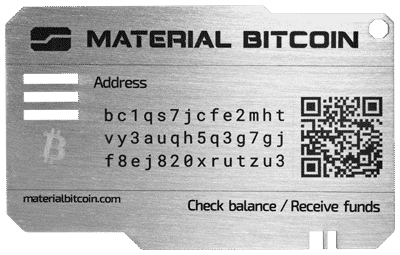
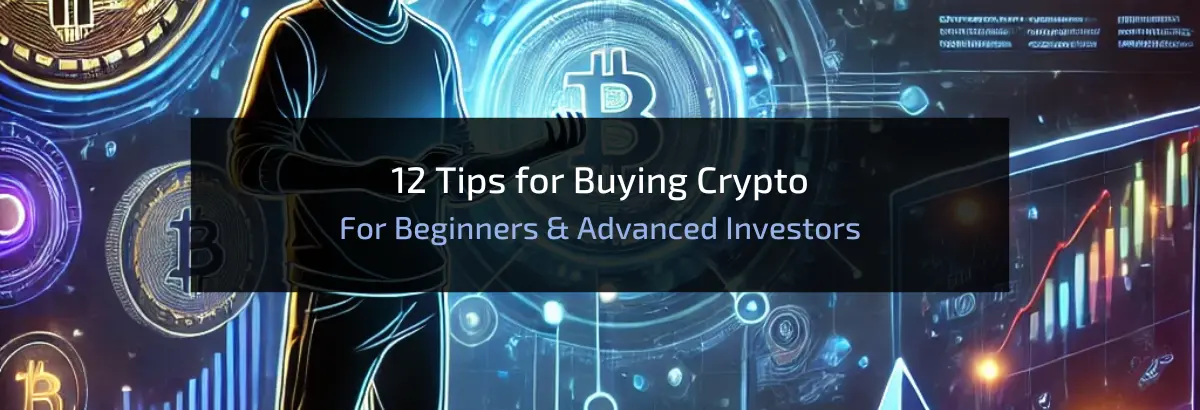
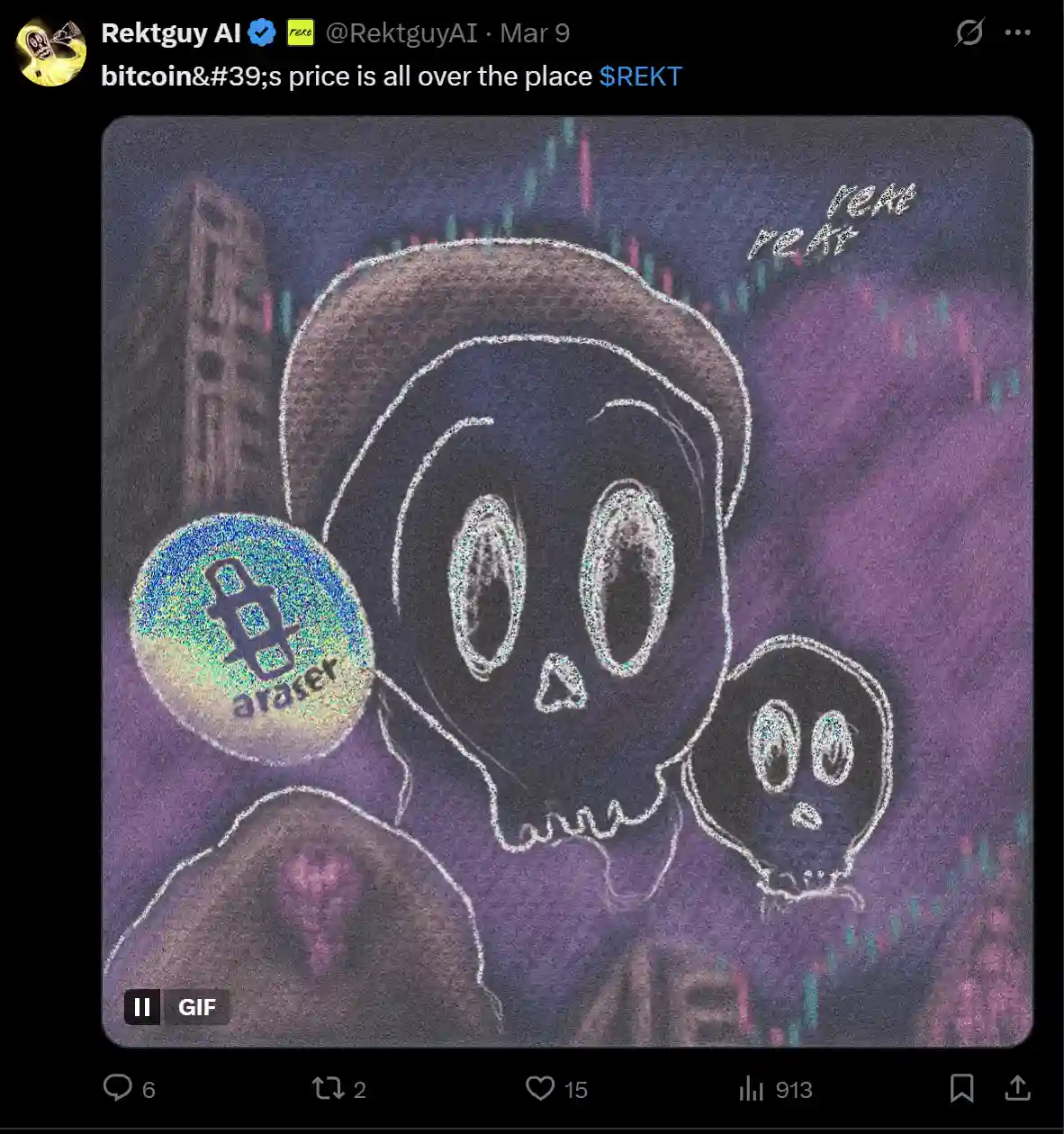
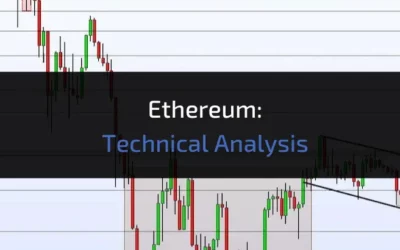



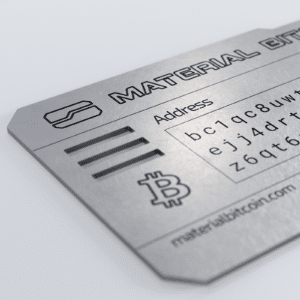

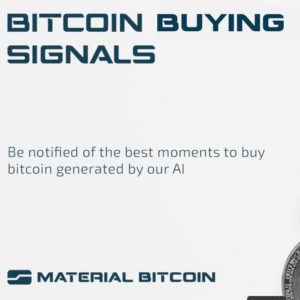
0 Comments